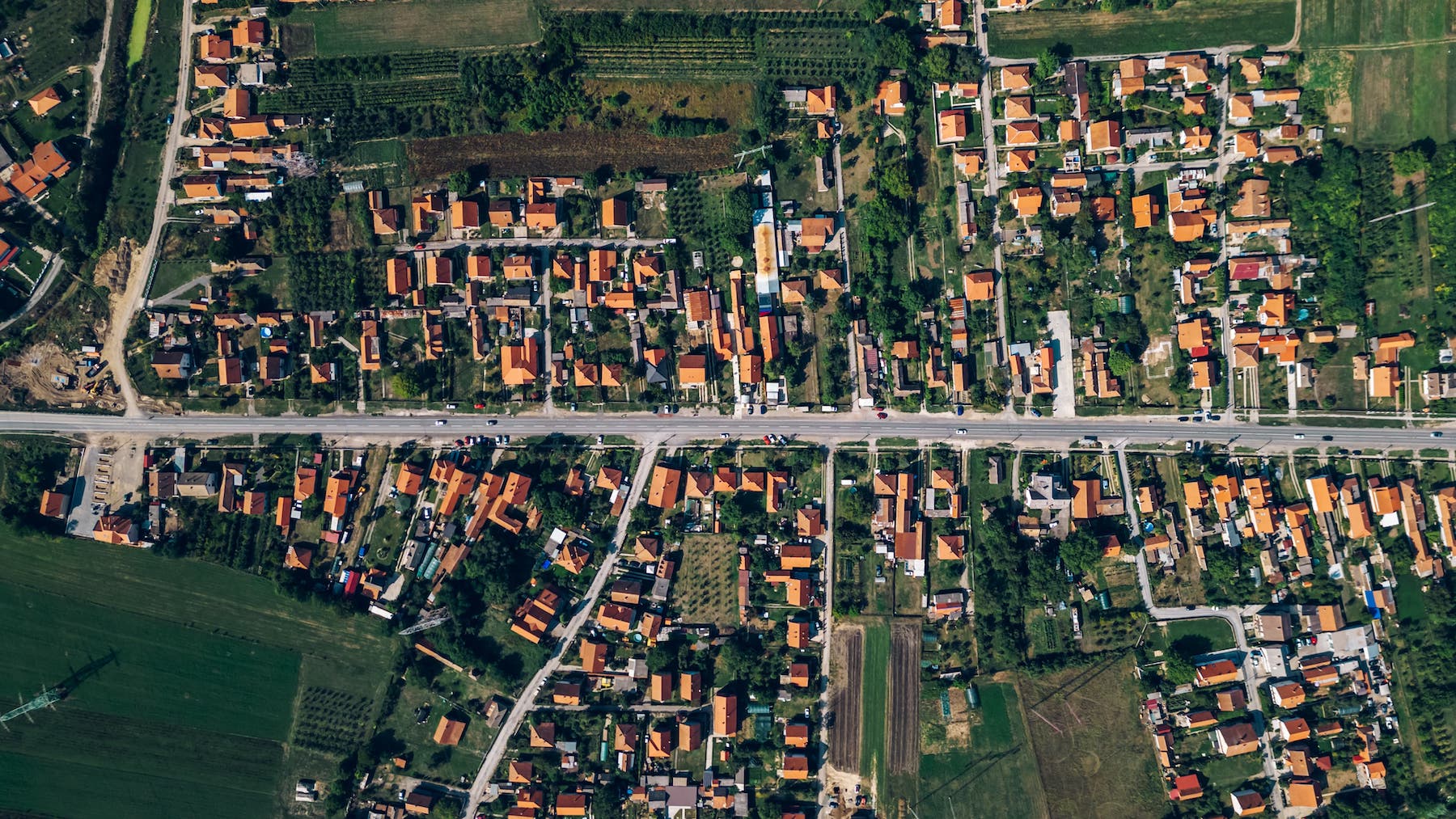Sydney Property Market Demand and Supply Factors
The Sydney housing market is affected by different factors that influence supply and demand. Some key factors include:
Population Growth
Sydney’s population has been steadily increasing due to natural growth and migration. This has led to higher demand for housing, especially in sought-after suburbs near the city centre.

Investors and homebuyers in Sydney should closely monitor market conditions and seek professional advice when making real estate decisions, as the property market can be subject to both short-term fluctuations and long-term trends. These insights from Sydney’s top real estate experts highlight the impact of various factors on the residential investing landscape.
Employment Opportunities
The availability of jobs in Sydney is a major driver of housing demand. Areas with strong job growth, such as the CBD and surrounding employment hubs, tend to see increased demand for housing.
Interest Rates
Fluctuations in interest rates significantly affect the affordability of housing in Sydney. Low rates make it easier for buyers to enter the market, while high rates can dampen demand.

The property market can exhibit regional variations within the broader Sydney metropolitan area, with some suburbs and property types performing differently during different cycles. This can be attributed to factors such as location, infrastructure development, population growth, and demand for certain types of housing.
Government Policies
Policies like taxation and planning regulations can impact housing supply and demand. For instance, exemptions on stamp duty for first-home buyers may boost demand, while streamlined planning approvals can increase supply.
Housing Affordability
Affordability plays a crucial role in driving housing demand within Sydney. High property prices and rents may discourage potential buyers and renters from entering the market.

It’s essential to note that property cycles are influenced by a complex interplay of factors, including economic conditions, government policies, immigration, housing supply, and consumer sentiment.
Housing Supply
Factors like land availability, construction costs, and government policies influence housing supply in Sydney. Limited land availability, high construction expenses, or slow approval processes can constrain supply—especially in desirable areas.
Foreign Investment
Foreign investment has played a notable role in shaping Sydney’s property market—particularly at the premium end—by boosting property demands and contributing to price increases.
A variety of factors, such as population growth, job opportunities, interest rates, government policies, housing affordability, supply and foreign investment influence the residential property market in Sydney. These can impact housing availability and affordability while influencing buyer, seller and investor behaviour.







